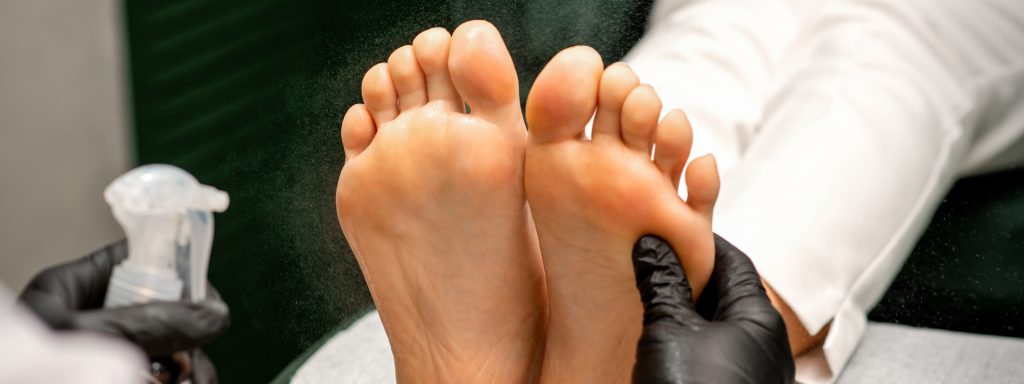What Should You Expect Before, During, and After a Deposition in a Personal Injury Lawsuit in Florida?
If you’re pursuing a personal injury lawsuit, chances are you’ll be asked to participate in a deposition at some point during the case. While it may sound intimidating, knowing what to expect and how to prepare can help reduce stress and make the process smoother.
At RTRLAW, we ensure our clients are informed, comfortable, and protected before, during, and after their depositions. With the right legal guidance, a deposition can become an opportunity, not a setback.
What Happens in a Deposition Hearing?
A deposition is a formal, sworn statement taken outside of court that allows attorneys to gather information from the people involved in a lawsuit. It typically takes place in an attorney’s office or over video conference and is conducted by the opposing party’s legal team.
During a deposition, you’ll be asked to answer questions under oath, and everything you say will be recorded by a court reporter. The testimony given during a deposition can later be used at trial, so it’s a crucial part of the discovery process.
A deposition is not a casual conversation. Remember that it is a legally binding statement that carries significant weight in your case. Understanding its structure and purpose helps you feel more confident and stay in control during questioning.
How Do You Get Ready for Your Deposition?
Preparation is the single most important thing you can do before your deposition. At RTRLAW, we walk you through the entire process beforehand so you know what to expect and how to respond clearly and truthfully.
The preparation for a deposition includes:
- A clear review of your case materials: We go over the accident report, medical records, photos, and prior statements with you so your recollection is clear.
- Practice answering questions calmly and clearly: You’ll be asked about the accident, your injuries, and how they’ve affected your life. Practicing ahead of time allows you stay focused and helps to avoid misstatements.
- Help understanding your role: You’re not there to win your case that day. You’re there to tell the truth and give honest answers.
- Direction on dressing appropriately: Wear neat, professional clothing. Your appearance matters, especially if the deposition is being recorded on video.
- The ability to ask questions: Don’t hesitate to ask your attorney anything you’re unsure about before the deposition begins. Your legal team should always be there to support you.
By preparing thoroughly with your attorney, you reduce the risk of misstatements and avoid being caught off guard. The more familiar you are with your own story and the legal process, the more effectively you can present yourself during the deposition.
What kind of questions do they ask at a deposition?
At your deposition, you’ll be seated with your attorney while the opposing counsel asks a series of structured questions. A court reporter will be present to record every word, and sometimes a videographer will also document the session. In many cases since COVID, depositions may also be taken via ZOOM. Regardless of where your deposition is conducted, albeit in person or via ZOOM, it is important to be prepared in the same manner.
Here’s some of what you can expect:
- Inquiries about your personal background: Basic questions like your name, age, education, and work history.
- Prior accident history and prior medical treatment: Have you been involved in prior accidents or sustained injuries to the areas you are claiming were affected in this accident. What prior medical treatment or complaints have you had predating the accident?
- You’ll be asked the details of the accident: Where, when, and how the incident occurred.
- Questions regarding your injuries and medical treatment: What injuries you suffered, how you were treated, and how the injury has impacted your life.
- You’ll have to give statements about your current condition: Are you still in pain? Can you work? What activities are limited?
Expect to be questioned for one to several hours, depending on the complexity of your case. While it can feel intense, remember that your attorney is present to protect your rights and keep the process on track.
What Mistakes Should You Try to Avoid During a Deposition?
While giving a deposition isn’t the same as testifying in court, your answers carry legal weight and can be used against you later. People sometimes over-explain, guess at answers, or become defensive under pressure. These behaviors can weaken credibility.
That’s why it’s critical to avoid these common mistakes:
- Don’t speculate or guess: If you don’t know the answer, it’s okay to say, “I don’t know” or “I don’t recall.”
- Don’t exaggerate: Be truthful and stick to the facts, regardless of if your injury is or is not severe. Credibility is everything.
- Don’t volunteer information: Only answer the question asked. Offering extra details can sometimes open the door to new lines of questioning.
- Don’t lose your temper: Stay calm and professional, even if the opposing attorney becomes aggressive or repetitive.
- Clarify multiple meanings: If there is any doubt in your mind as to whether a question has a multiple meaning, ask to clarify to ensure you understand what the questioner means.
- Don’t discuss your case publicly afterward: What’s said in a deposition is confidential and should not be posted online or shared with others.
The biggest mistake is thinking you have to win the deposition or outsmart the opposing attorney. Your only job is to tell the truth to the best of your knowledge.
What Comes Next After a Deposition?
Once your deposition concludes, the court reporter will prepare an official transcript, which both parties can review. Your RTRLAW attorney may go over it with you to ensure accuracy and clarify anything that was unclear or misstated.
From there, the case can move in several directions:
- Settlement negotiations may begin or accelerate if your deposition clarified liability or damages.
- Additional depositions may be scheduled, such as with expert witnesses, medical providers, or the defendant.
- Motions or hearings may be filed based on what was revealed during your testimony.
- Trial preparation may move forward if a settlement is not reached.
While the deposition itself may be over, its effects can last throughout your case. The testimony you provide helps build the narrative for settlement discussions or trial, and RTRLAW will continue to advocate aggressively on your behalf every step of the way.
Contact RTRLAW to Prepare for Your Deposition with Confidence
You don’t have to walk into your deposition feeling nervous or unprepared. With the experienced legal team at RTRLAW by your side, you’ll receive the support, guidance, and protection you need to make your testimony count.
Our attorneys have represented tens of thousands of personal injury clients and know exactly how to prepare you for success. Whether you’re just getting started with your case or heading into deposition soon, we’re available to help you every step of the way.
Call 1-833-HIRE-RTR (1-833-447-3787) or fill out our form online today to schedule your free consultation.


 CALL US NOW
CALL US NOW TEXT US NOW
TEXT US NOW



























